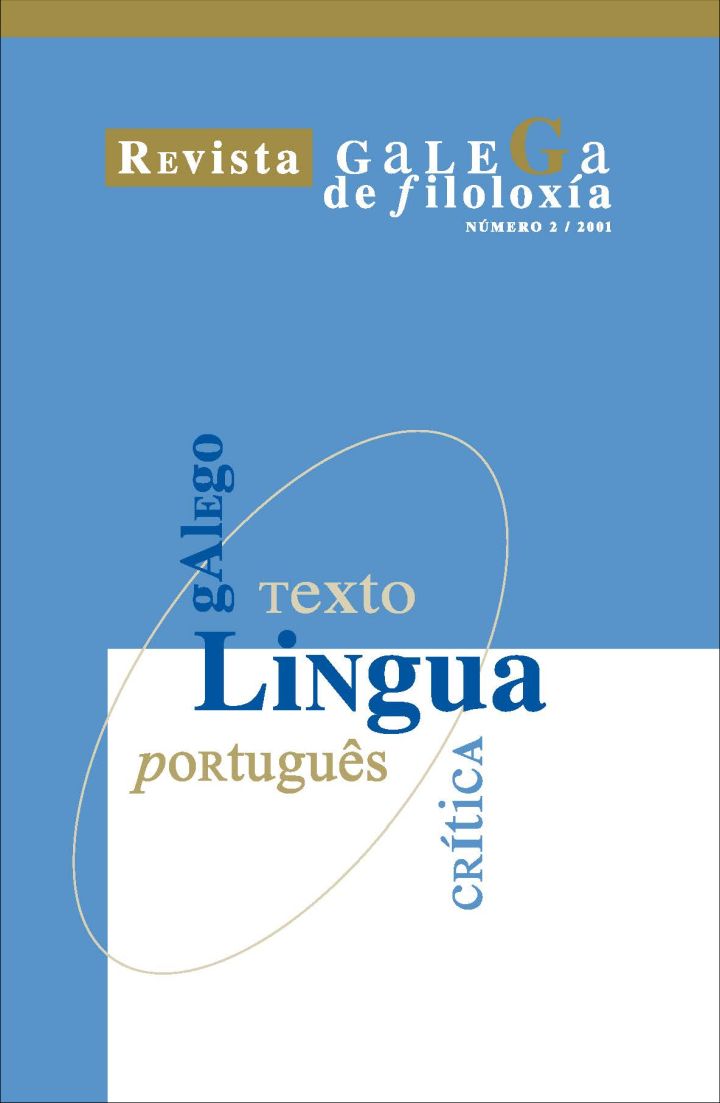About Enfermidades da língua (1759) by Manuel José de Paiva
Main Article Content
Abstract
The sweeping programme of reform introduced by the Marquis of Pombal in the second half of the eighteenth century included changes in education, most notably the institution of Portuguese grammar as a compulsory subject and the creation and regulation of a new network of public schools. Written in the midst of this upheaval, Enfermidades da língua (1759), by Manuel José de Paiva, presents an allegory of the Portuguese language as a sick woman attended by a wise, devoted doctor who prescribes her different medicines on each of his eight visits. The work offers an interesting reflection on attempts to standardise the language, preluding avenues of sociolinguistic research that did not emerge until much later.
Keywords:
Downloads
Metrics
Article Details
References
Casagrande, C. / Vecchio, S. (1991): Les Péchés de la Langue. Discipline et éthique de la parole dans la culture médiévale (Paris: Ed. du Cerf).
Verdelho, T. (1982): "Historiografia linguística e reforma do ensino. A propósito de três centenários: Manuel Álvares, Bento Pereira e Marquês de Pombal", Brigantia, II, 4: 347-380.


